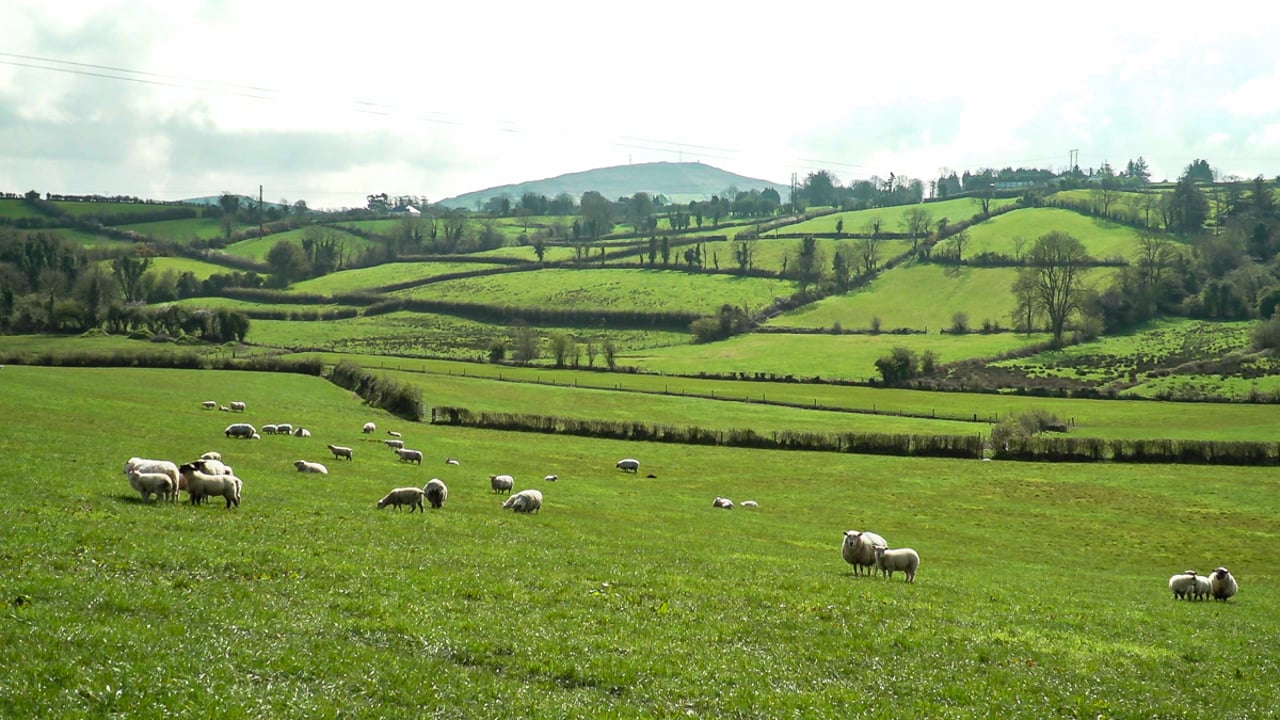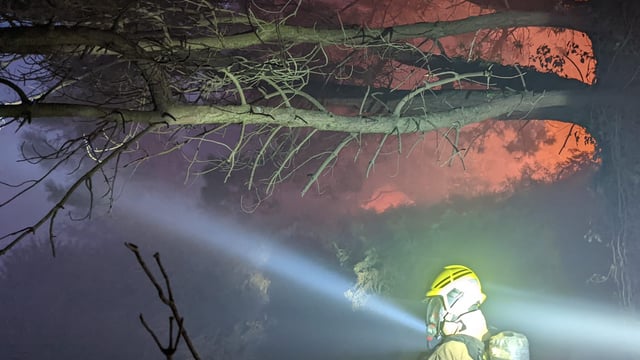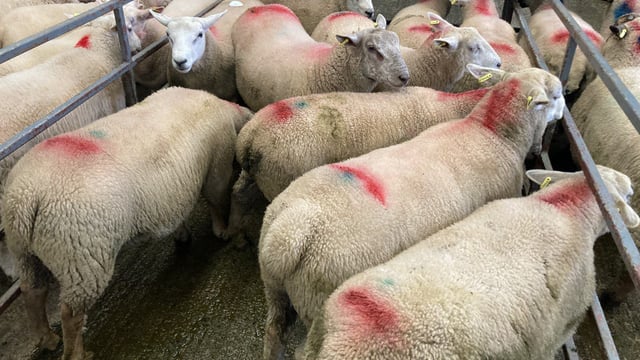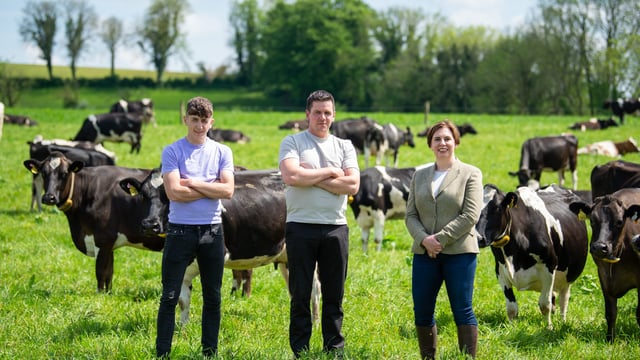Emissions: INHFA calls for constructive engagement with farmers
The Irish Natura and Hill Farmers Association (INHFA) has called on the government to undertake "constructive engagement" with the farming community on emissions.
The association's president, Vincent Roddy, has warned the government to "pull back" unless it wants a situation similar to the Netherlands where farmers have been staging ongoing protests on proposed emissions reductions.
In an open letter to Minister for the Environment, Climate and Communications Eamon Ryan, Roddy said that "it is vital that you as minister and the government apply equal measures to all sectors of the economy".
"In the last number of weeks, you have clearly failed to do this and instead of becoming a unifying force you have become a divisive one," he claimed.
The open letter comes as intense government debate continues ahead of various sectoral emissions ceilings being signed off on.
The proposed target for agriculture will involve an emissions cut of 22-30%, relative to 2018 levels.
However, there are doubts over whether agreement will be reached ahead of tomorrow's (Wednesday, July 27) Cabinet meeting.
In the letter, Roddy told Minister Ryan that the current proposals are of major concern to rural communities.
"Our understanding is that you and your [Green] party colleagues are determined to see a 30% reduction in agriculture.
"You have outlined that this is necessary to ensure other sectors of the economy and households are not over-burdened through potential greenhouse gas (GHG) reductions and possible penalties.
Roddy said that it is "quite clear that the science is still evolving" when it comes to methane calculations.
He claimed that the Intergovernmental Panel on Climate Change (IPCC) model favoured by Ireland when calculating GHG emissions is undermining our grass-fed suckler systems.
"Before we proceed with any recommendations it is vital that we reassess the calculation models and the decision to use the IPCC model when Teagasc research has indicated that the Life Cycle Assessment (LCA) model is a better option," Roddy added.
He also questioned why imported oil, petrol, diesel and home heating are applied as part of Ireland's GHG emissions.
Roddy added that it is vital the environmental benefits of extensive grazing systems are recognised in terms of carbon sequestration.
"Currently, we see large corporations and some of our multiples making the claim they are carbon neutral or going carbon neutral. This is based on their ability to offset GHG emissions most probably through a land use strategy while farmers with a major land base are denied this opportunity," the INHFA president said.






